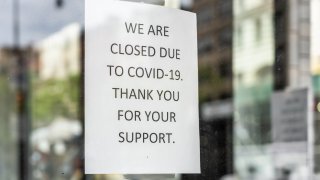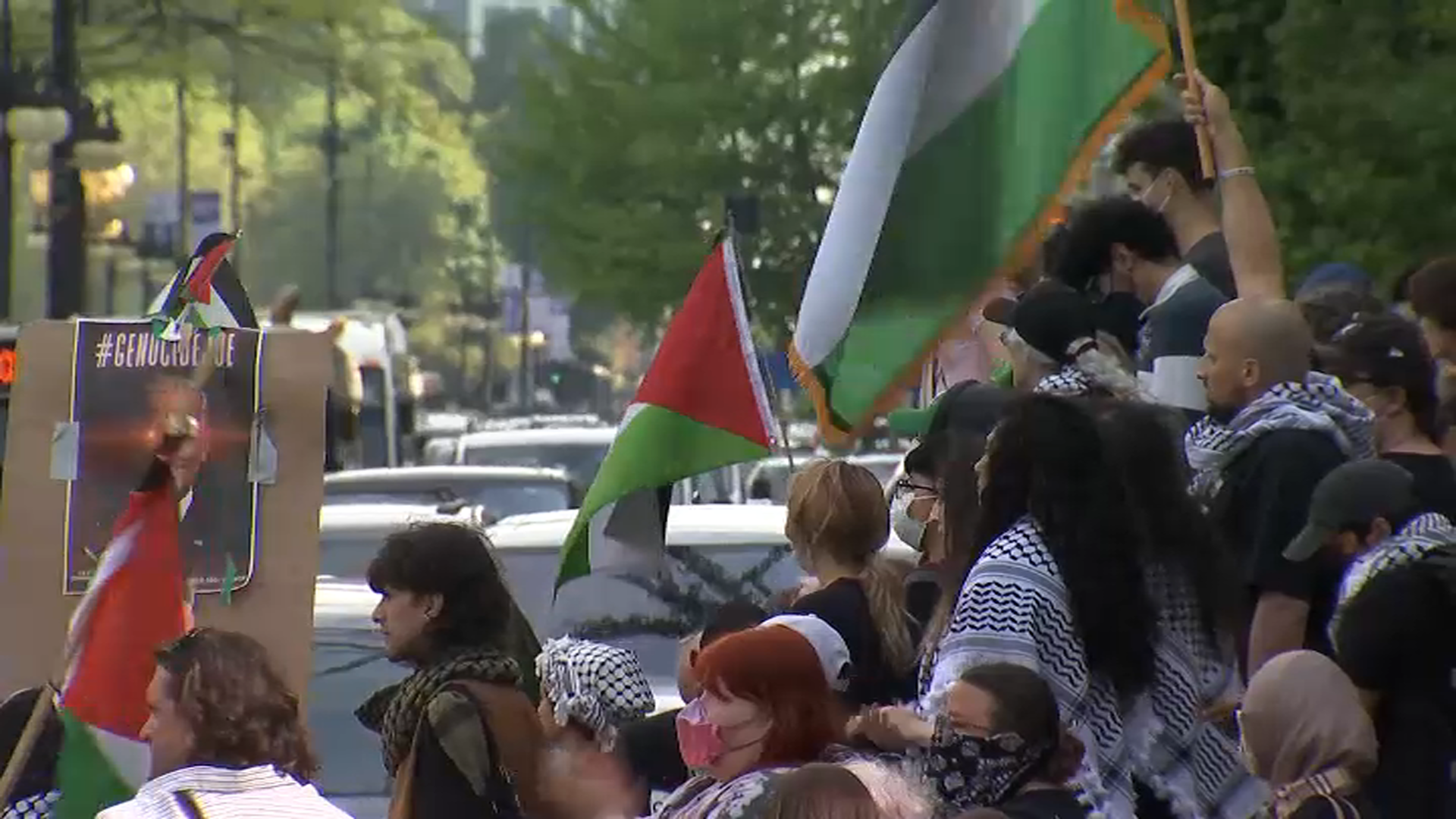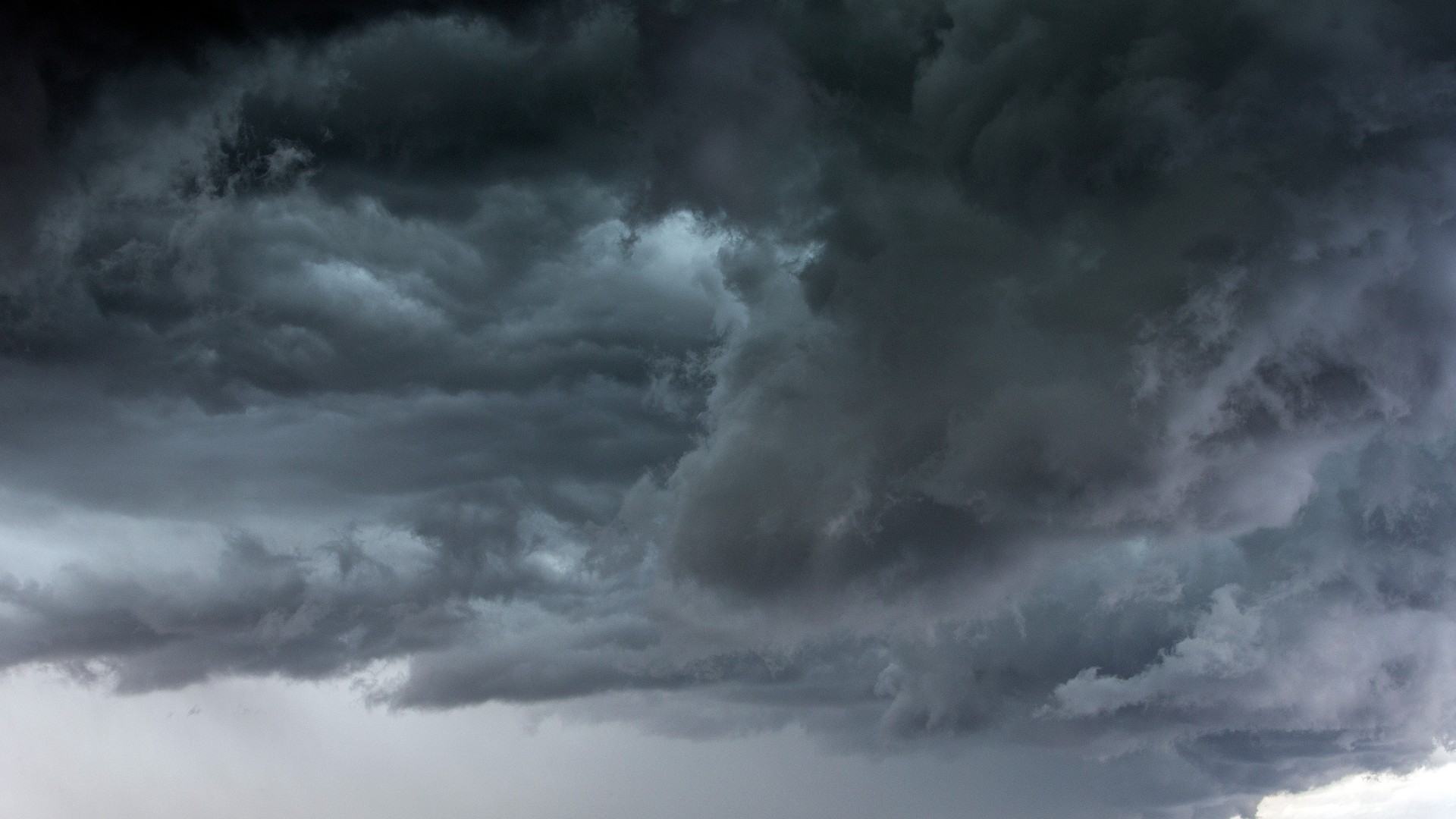
As coronavirus metrics continue to climb across Chicago, Mayor Lori Lightfoot said Wednesday that the city cannot continue to reopen if numbers further increase.
"We are definitely concerned," Lightfoot said. "We're not in a position, as a result of [increasing metrics], to really be talking about a more reopening issues, particularly when it comes to expanding capacity indoors. The last thing that any of us want to do is take any steps back."
The mayor added that additional guidance will be released in coming days, but currently the COVID-19 trends are "going in the wrong direction" and preventing Chicago from returning to normalcy.
Chicago Department of Public Health Commissioner Dr. Allison Arwady said the increase in metrics prevented her from announcing new reopenings Tuesday.
"I was very much hoping today to be able to do some further reopening," Arwady said. "In the setting of what these numbers look like, we're just keeping a close eye. We've got to come back down to moderate risk in all of our indicators."
Those indicators include the number of cases, positivity rates, hospitalizations and deaths, among others. Arwady said that while the current case level remains in a moderate risk category, the rate of increase actually puts the city under a higher risk.
The city's positivity rate climbed to 3.3% Wednesday, remaining in the low-risk category and far below the 30% high seen at the height of the pandemic, but marking an increase from a recent low of 2.7%.
Local
"I'm very concerned. If you look at our data in the last week to 10 days, it feels like October," Lightfoot said.
During a press conference Wednesday, Lightfood said the spike in COVID metrics resembles trends of fall 2020, and is especially concerning with most cases occurring in residents ages 18 to 39, as Arwady mentioned one day prior.
Feeling out of the loop? We'll catch you up on the Chicago news you need to know. Sign up for the weekly Chicago Catch-Up newsletter here.
"It's been 18- to 29-year-olds, 30- to 39-year-olds, 40- to 49-year-olds at every point here in the outbreaks that have been the most predictive of seeing significant increases in cases," she said. "And so most of those folks have not been able to get a vaccine yet and I want to remind people, all people, but especially folks in those younger age groups who haven't been able to get a vaccine that we really need everybody to not stop doing the things that got us this far."
Even more concerning, she said, is that case counts in the city are also starting to rise, with a current average of about 350 cases per day, compared to 285 one week earlier.
"Sometimes people ask, isn't it just that you're doing more testing? No, because if it were just testing, we would see testing up 23% and cases up 23%. This is a true increase," Arwady said.
She noted that the increases in COVID metrics, however, aren't unique to Chicago.
"These increases we're seeing are not just in Chicago," Arwady said. "They're actually worse in suburban Cook and the northeast, you know, the state overall. Not an emergency yet, but these are... this is why we monitor these things and when we see signs of concern like this, it's a moment to watch and see what happens."
Arwady noted that emerging variants of the coronavirus, believed to be more contagious, are still being reported across the city.
Most recently, on March 5, the Chicago Department of Public Health reported the city's first case of the Brazilian COVID-19 variant, which also marked the first such case in Illinois, according to health officials.
Illinois reported its first case of the variant first discovered in South Africa on Feb. 11, while the U.K. strain was initially reported in Chicago on Jan. 15.
"We're seeing COVID variants spread in Chicago, and we are not testing every person who gets COVID for those variants, but we absolutely are seeing again that B.117 variant that first emerged in the U.K., that they're seeing a lot of in Michigan," she said. "We are also seeing more cases of it here in Chicago and we have seen some spread."
Arwady said that while the city continues to make progress in vaccinating residents, she's particularly concerned about the short-term impacts of a surge, but remains optimistic for longer-term projections.
"I remain really confident that this summer, assuming we continue to see really good vaccine demand and really good uptake as vaccine supply increases, we'll be in good shape this summer, but I am really worried about this next sort of four to eight weeks," she said.
While it remains unclear if the rising metrics will in fact mark the start of a third surge in the city, Arwady said residents should not let their guards down.
"I don't know fully what's going to happen here," Arwady said. "I do know that we are pushing vaccine absolutely as quickly as we can, ramping up our monitoring for the variants we are seeing...and continuing to ask people to do what has gotten us this far. If we see a big increase in cases not accompanied by an increase in hospitalizations or deaths I don't worry about that as much. But if we start to see it impacting in serious ways, you know, and then the big question is what does this mean for reopening?"



